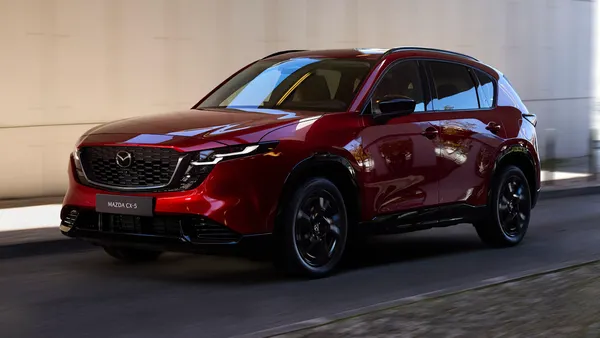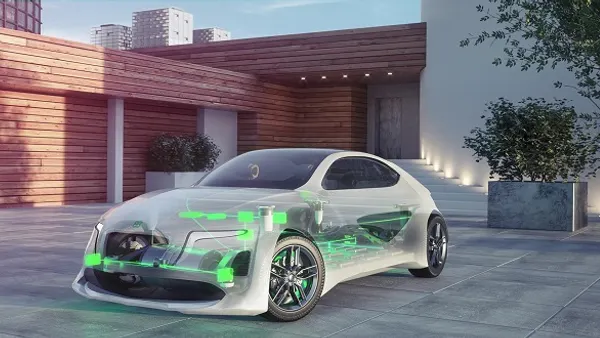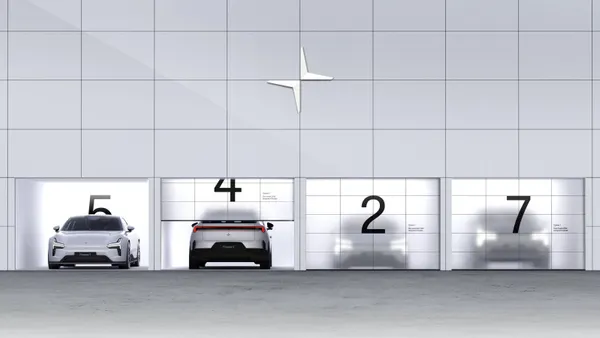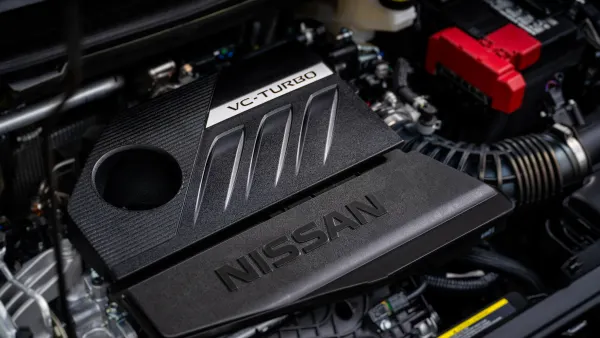Volkswagen has been unmasked as the automaker involved in successful tests of solid-state automotive battery cells.
The solid-state lithium metal battery technology, supplied by the U.S. company QuantumScape, claims to have significantly exceeded the requirements in the A-sample test and successfully completed more than 1,000 charging cycles.
For a battery-electric car claiming the European WLTP rated range of 310-372 miles (499-599 km), this corresponds to a total mileage of more than 310,000 miles (499,100 km). At the same time, the battery cells barely aged and still had 95% of capacity (or discharge energy retention) at the end of the test.
While test results did get published in QuantumScape’s Q3 financial results, this is the first time VW has been revealed as the automaker collaborating with the project. The tests, which ran for several months, were carried out in the automaker's PowerCo battery laboratories in Salzgitter.
In the standardized test procedures for newly developed battery cells, robustness is considered the most important criterion. The industry-standard targets for this development phase are 700 charging cycles and a maximum capacity loss of 20%. The solid-state cell was also able to meet the requirements for other test criteria such as fast-charging capability, safety and self-discharge.
The tested solid-state cell consists of 24 layers and thus already corresponds to the planned series cell. The next step on the way to series production is now to perfect and scale the manufacturing processes. In principle, VW’s unified cell concept developed by PowerCo is also suitable for the use of solid-state cell technology.
PowerCo CEO Frank Blome says: “These are very encouraging results that impressively underpin the potential of the solid-state cell. The final result of this development could be a battery cell that enables long ranges, can be charged super-quickly and practically does not age. We are convinced of the solid-state cell and are continuing to work at full speed with our partner QuantumScape towards series production.”










